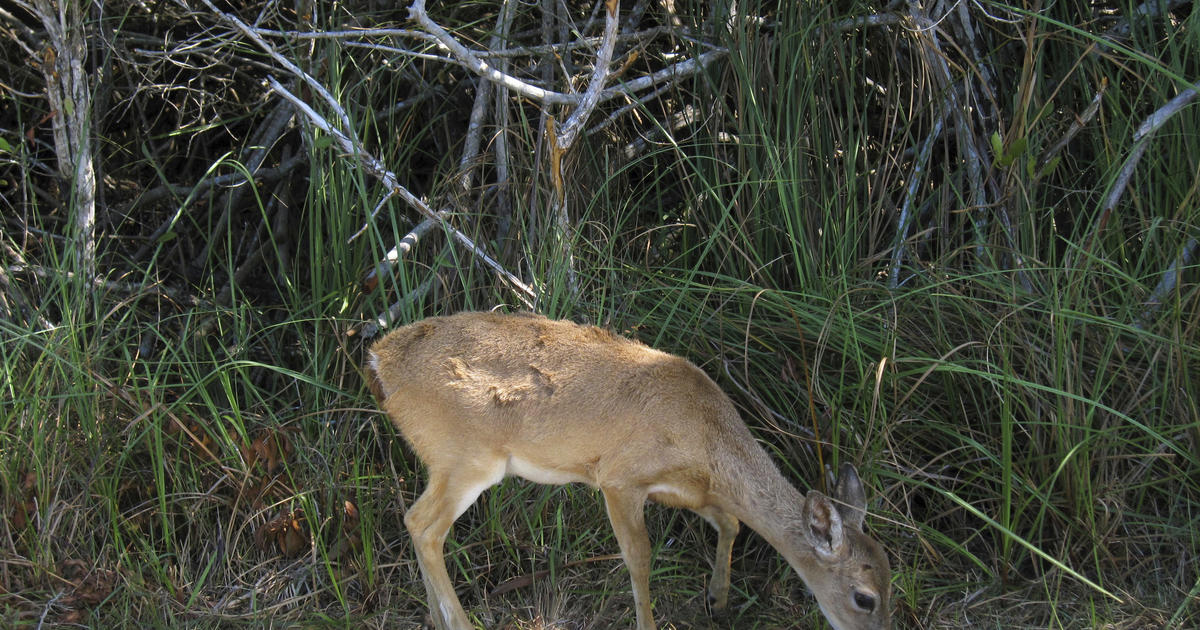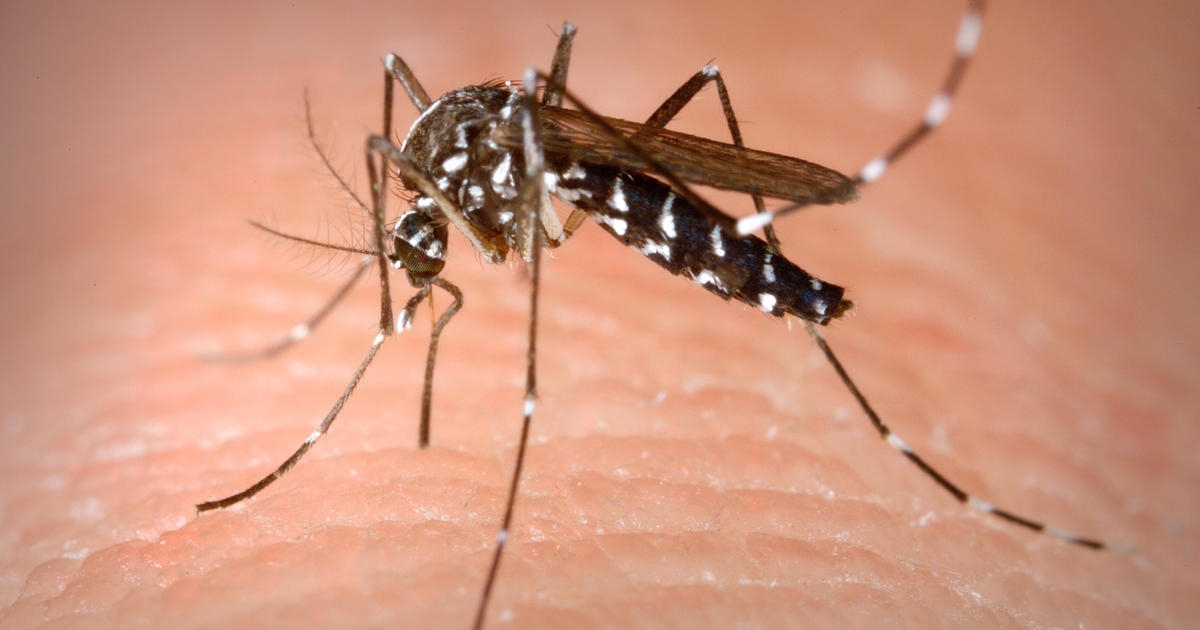Gopher Tortoise Threatened, No Money For Federal Protection
MIAMI (CBS4) -- Florida's gopher tortoise population deserves to be added to the nation's list of endangered and threatened species but funding shortages could delay the listing for years, federal wildlife officials said on Tuesday.
There is sufficient scientific data to list the gopher tortoise as threatened in parts of Florida, Alabama, Georgia, and South Carolina, said Cindy Dohner, the U.S. Fish and Wildlife Service's regional director for the Southeast.
"But we do not have the resources to pursue the listing process at this time," she told reporters during a conference call, noting the process can cost $300,000 or more.
The gopher tortoise, which is sandy brown in color and can grow to up to 15 pounds, will instead join a list of 251 other species designated as candidates for federal protection, meaning wildlife managers acknowledge their survival is in danger but they don't have the money to do anything about it.
It's unclear how long it will take to draw up a full recovery plan, which includes mapping out critical habitat, much of which is in Florida, particularly Central and North Florida. State wildlife managers designated the turtle as a "threatened" species in 2007 and, after public outcry, banned a cold-hearted practice that had allowed developers to bury more than 70,000 of them alive.
The tortoise is threatened by habitat loss, herbicides used in forestry and other factors, federal officials said.
Scientists consider the turtle, which can live a half century, a "keystone species" because its deep network of burrows help support some 360 other species, including snakes, rodents, skunks and rabbits. But some landowners consider it a nuisance because they see it as a potentially expensive hurdle to development plans.
Under a Florida Fish and Wildlife Conservation Commission plan adopted in 2008, builders must obtain a permit to build in gopher tortoise habitat and agree to relocate any found. As an incentive, the state will reduce permit costs if developers place them in high-quality habitat or set aside other areas for turtle use. It's illegal to kill or move the tortoises or eggs without a state permit.
(©2011 CBS Local Media, a division of CBS Radio Inc. All rights reserved. This material may not be published, broadcast, rewritten, or redistributed. CBS4 news partner The Miami Herald contributed material for this report)



